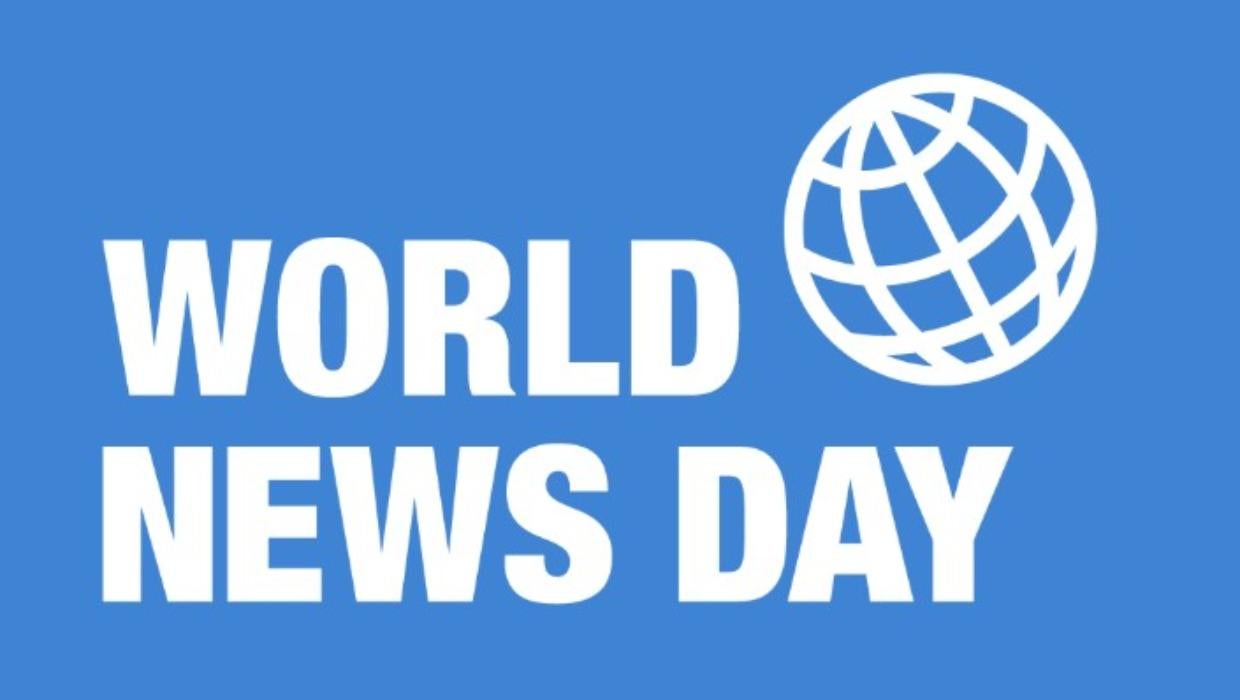Science
Economists Urge Strong Journalism Essential for Economies and Democracies

On World News Day, which takes place annually on September 28, a group of 11 prominent economists, including two Nobel laureates, issued a stark warning regarding the critical role of journalism in sustaining healthy economies and democracies. They emphasized that quality journalism is crucial for the well-being of civil society and the functioning of democratic institutions.
In a statement released on the occasion of World News Day, the economists highlighted that good journalism serves as a cornerstone for accountability. They asserted that a well-informed public is essential for a robust economy and effective governance. The group included notable figures such as Nobel Prize winners Joseph Stiglitz and Angus Deaton, who have long championed the importance of information in shaping economic policies.
The economists pointed out that in many countries, the decline of journalistic standards has led to a rise in misinformation and a weakening of public trust in institutions. This trend threatens not only economic stability but also the very fabric of democratic governance. As Joseph Stiglitz stated, “Without trustworthy information, citizens cannot make informed decisions about their governance and their economy.”
According to the statement, the economists called upon governments and private sector stakeholders to invest in quality journalism. They urged policies that protect the independence of the press and support local journalism initiatives. The need for this investment is underscored by the increasing number of media outlets facing financial difficulties, which has resulted in significant job losses and a decline in reporting resources.
The group also emphasized the relationship between journalism and economic performance. They noted that countries with strong, independent media tend to have higher levels of economic development and lower levels of corruption. Angus Deaton remarked, “The economic health of a nation is directly tied to the health of its journalism.”
As part of their commitment to promoting strong journalism, the economists encouraged educational institutions to prioritize media literacy programs. This would empower citizens to critically evaluate information sources, fostering a more informed electorate capable of engaging in meaningful discourse.
The ongoing challenges faced by the media highlight the importance of this initiative. In many regions, journalists operate under threats, facing intimidation and violence for their work. The economists’ call to action aims to protect those who seek to uphold the values of transparency and accountability through their reporting.
In conclusion, the message from these 11 leading economists is clear: strong journalism is not merely a luxury but a fundamental necessity for thriving economies and vibrant democracies. The time to act is now, as the future of civil society may depend on the actions taken today to support and preserve quality journalism.
-

 World3 months ago
World3 months agoTest Your Knowledge: Take the Herald’s Afternoon Quiz Today
-

 Sports3 months ago
Sports3 months agoPM Faces Backlash from Fans During Netball Trophy Ceremony
-

 Lifestyle3 months ago
Lifestyle3 months agoDunedin Designers Win Top Award at Hokonui Fashion Event
-

 Sports3 months ago
Sports3 months agoLiam Lawson Launches New Era for Racing Bulls with Strong Start
-

 Lifestyle3 months ago
Lifestyle3 months agoDisney Fan Reveals Dress Code Tips for Park Visitors
-

 World4 months ago
World4 months agoCoalition Forms to Preserve Māori Wards in Hawke’s Bay
-

 Health3 months ago
Health3 months agoWalking Faster Offers Major Health Benefits for Older Adults
-

 Politics3 months ago
Politics3 months agoScots Rally with Humor and Music to Protest Trump’s Visit
-

 Top Stories4 months ago
Top Stories4 months agoUK and India Finalize Trade Deal to Boost Economic Ties
-

 Entertainment3 months ago
Entertainment3 months agoExperience the Excitement of ‘Chief of War’ in Oʻahu
-

 World4 months ago
World4 months agoHuntly Begins Water Pipe Flushing to Resolve Brown Water Issue
-

 Science4 months ago
Science4 months agoNew Interactive Map Reveals Wairarapa Valley’s Geological Secrets









